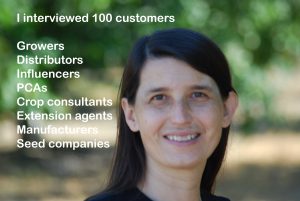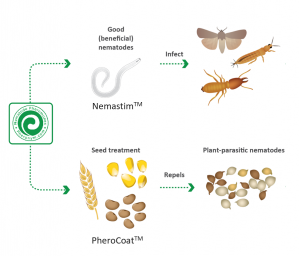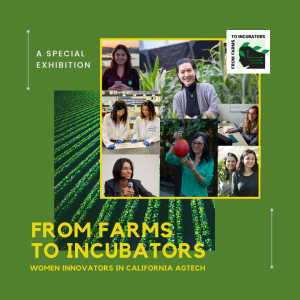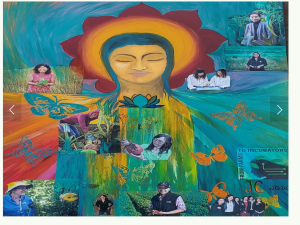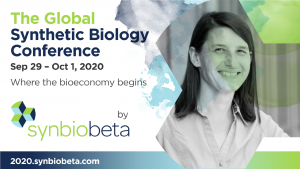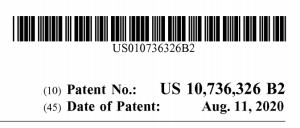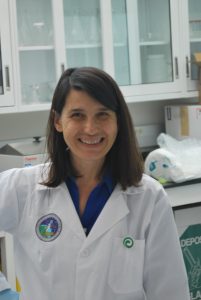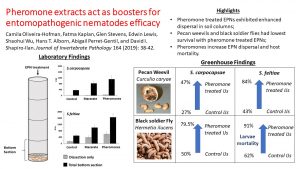Pheronym’s Fourth Peer-Reviewed Study Contains Surprising Findings for Interstellar Agriculture and Earth

DAVIS, CA, UNITED STATES, August 10, 2020 — Pheronym, an ag-biotech pest control company, announced today the results of their fourth peer-reviewed study, this one focused on the results of their collaboration with the Center for the Advancement of Science in Space (manager of the International Space Station U.S. National Laboratory) and USDA-ARS during onboard experiments conducted on the International Space Station (ISS) between December 2019 and January 2020. The study, published in Nature Partner Journal/npj Microgravity, highlights that nematodes successfully emerged from consumed insect host cadavers, moved through soil, found and infected bait-insects in a manner equivalent to Earth controls. However, nematodes that developed entirely in space, from the egg stage, died upon return to Earth, unlike controls in microgravity and on Earth.
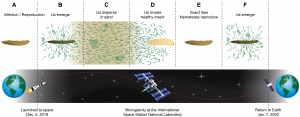
The research, led by Dr. Fatma Kaplan, focused on the beneficial nematodes’ dispersal, foraging, infectivity, and pheromone production in microgravity.

“This agricultural biocontrol experiment in space gives insight to long-term space flight for symbiotic organisms, parasite biology, and the potential for sustainable crop protection in space,” said Dr. Fatma Kaplan, CEO of Pheronym. “It gives us valuable insight on how to keep beneficial nematodes alive and viable for agriculture on other planets.”
Keep Reading

